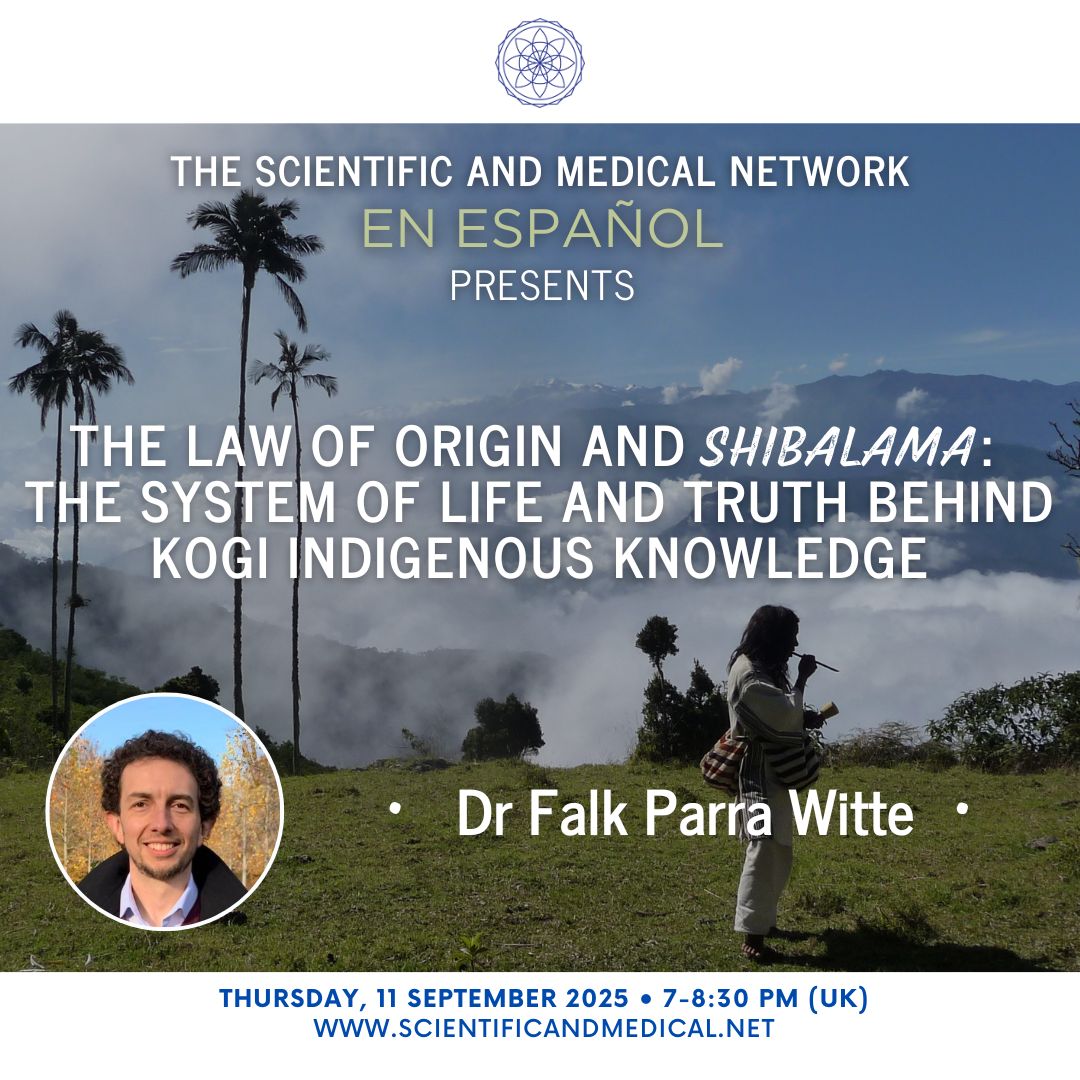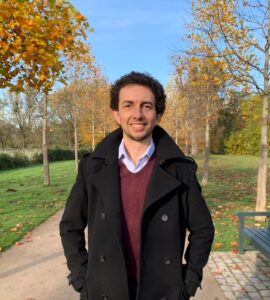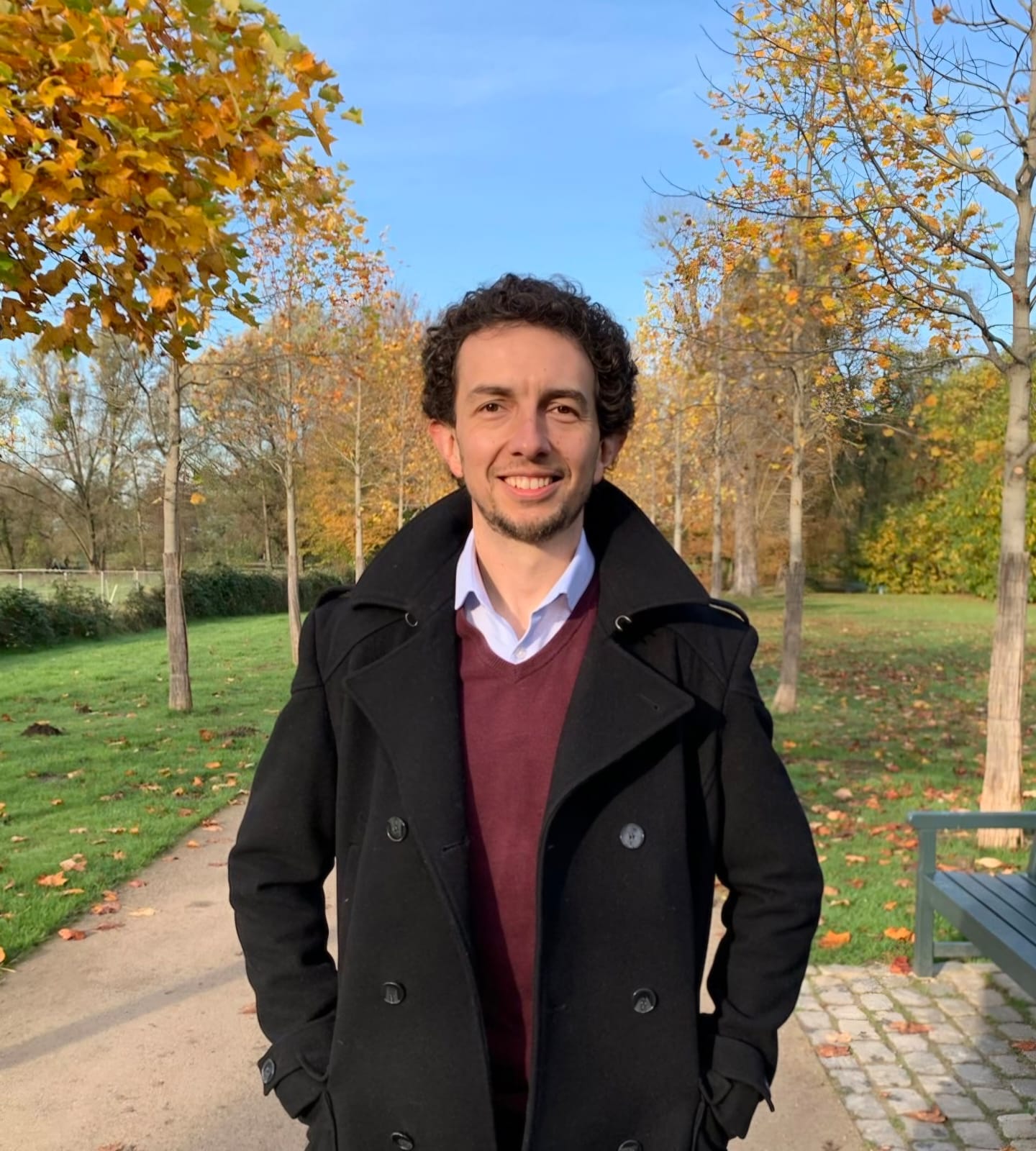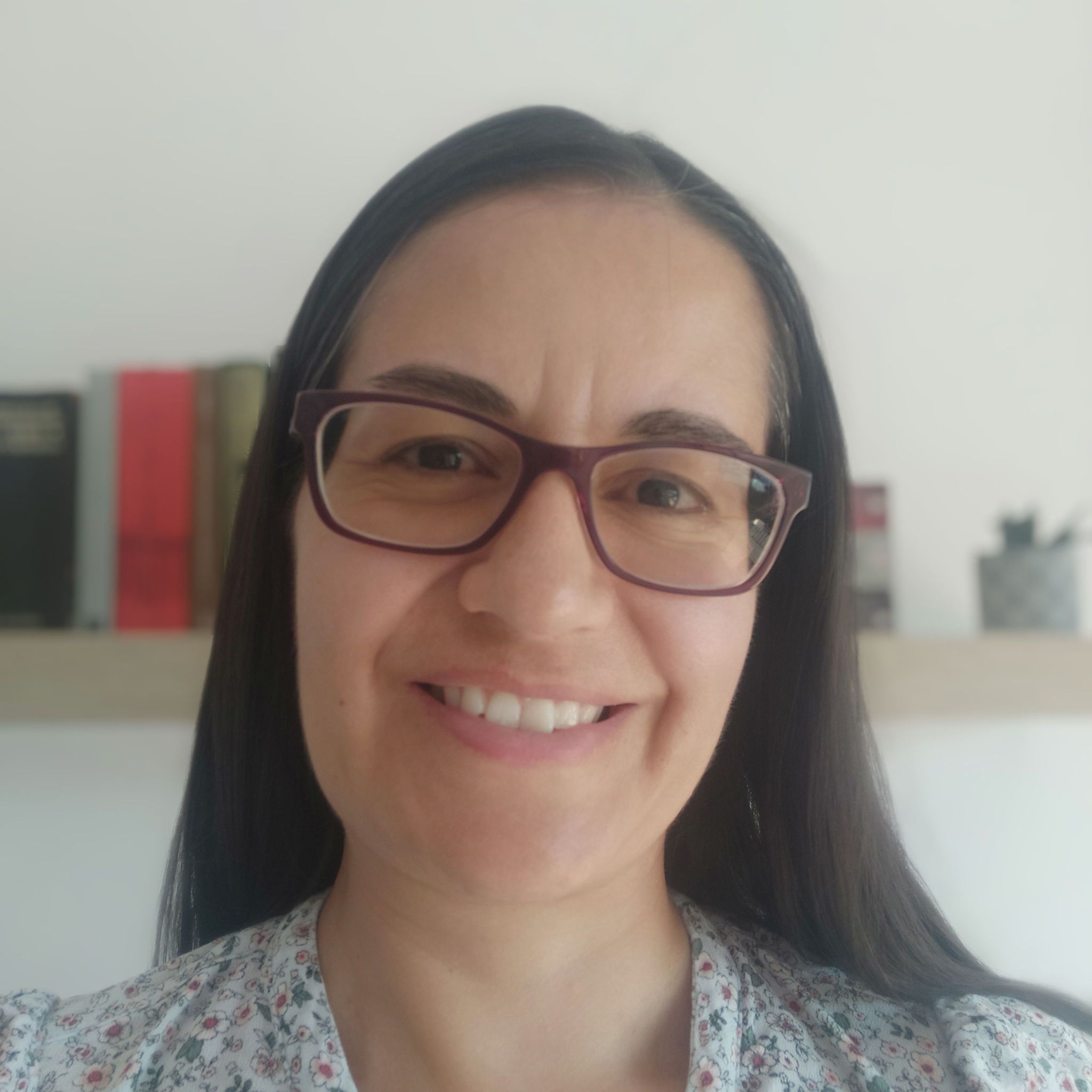
Falk Parra – The Law of Origin and Shibalama: The System of Life and Truth behind Kogi Indigenous Knowledge
Everything has an origin, a source.
Everything has an order, and its place.
Everything has a function, a reason to be.
Everything is related, in mutual sustenance.
These are the ‘Four Pillars’ of existence as understood by the Kogi Indigenous People of the Sierra Nevada de Santa Marta mountains in northern Colombia. They are one of the few remaining, fully functioning non-entheogenic Amerindian societies of the Americas. After centuries of retreat, the Kogi came unto the public stage in the 1980’s to politically safeguard their ‘Ancestral Territory’ and traditions from increasing external threats and environmental destruction.
Following the Mamas, Kogi spiritual leaders, knowledgeable men, and cosmic care-takers, their people live according to the all-encompassing ‘Law of Origin’. These predefined cosmological principles manifest in a living ontological order, upheld as a way of being that ensures the ecological regulation of life. To do so, the Kogi follow, learn and apply shibalama, the diversifying, universal ‘threads’ of creational development, truth and knowledge. It is a conscious, moral epistemology that guides Kogi tradition, and constitutes a ‘mandate’ from the Great Mother to be ‘in agreement’ with all things through Aluna, the ‘thought’ and spirit of the world.
Based on Falk Parra‘s long-term engagement and research with the Kogi, he examines the nature of shibalama or Kogi knowledge to elucidate the complex system of life that it reveals. For this purpose, he uses a corresponding theoretical framework to better understand the metaphysical, environmental and social implications of this system. Kogi tradition presents challenges to the dominant scientific and technological paradigm, which concern truth, the physical and the spiritual, perception, the supernatural or knowledge itself, but also offers points of convergence that can complement and help ground such matters in a holistic and realist relation to the Earth.
•
About the speaker

Falk Parra-Witte is an ecological anthropologist who obtained his PhD from the University of Cambridge. He combines research with public outreach and community engagement to develop culture-driven sustainability based on holism and realism that reconsiders prevailing human relations to nature. Falk builds bridges of dialogue, knowledge exchange and understanding between different sectors like academia, government and civil society, in particular between the ecology of indigenous people and the natural and social sciences.
His focus has been the Kogi People of Colombia, with whom he has a longstanding relationship. Falk has been applying this approach through transdisciplinary projects, roles and networks on socio-environmental regeneration that foment related policy and education. Examples are the intercultural projects Múnekaň Masha and Nature in Other Words, the UNESCO-BRIDGES Sustainability Science Coalition, and the UNESCO-Chair on Global Understanding for Sustainability (University of Jena in Germany).
This webinar is being organised by the SMN en Español. It will be delivered in English.
Check the preview of the talk here:
•
TICKETS FOR
The Law of Origin and Shibalama:
The System of Life and Truth behind Kogi Indigenous Knowledge
Please note: This event is NOT part of the SMN Season Ticket.
All bookings will receive a RECORDING of the talk.
Speaker
-
 Falk Parra Witte, PhDEcological anthropologist
Falk Parra Witte, PhDEcological anthropologistFalk Parra-Witte is an ecological anthropologist who obtained his PhD from the University of Cambridge. He combines research with public outreach and community engagement to develop culture-driven sustainability based on holism and realism that reconsiders prevailing human relations to nature. Falk builds bridges of dialogue, knowledge exchange and understanding between different sectors like academia, government and civil society, in particular between the ecology of indigenous people and the natural and social sciences. His focus has been the Kogi People of Colombia, with whom he has a longstanding relationship. Falk has been applying this approach through transdisciplinary projects, roles and networks on socio-environmental regeneration that foment related policy and education. Examples are the intercultural projects Múnekaň Masha and Nature in Other Words, the UNESCO-BRIDGES Sustainability Science Coalition, and the UNESCO-Chair on Global Understanding for Sustainability (University of Jena in Germany).

